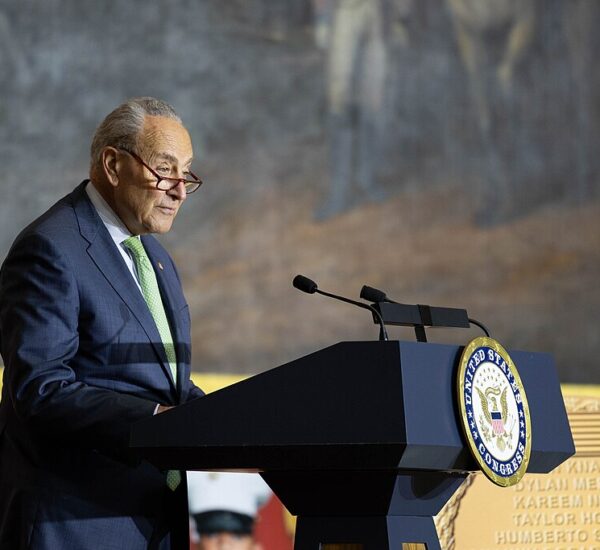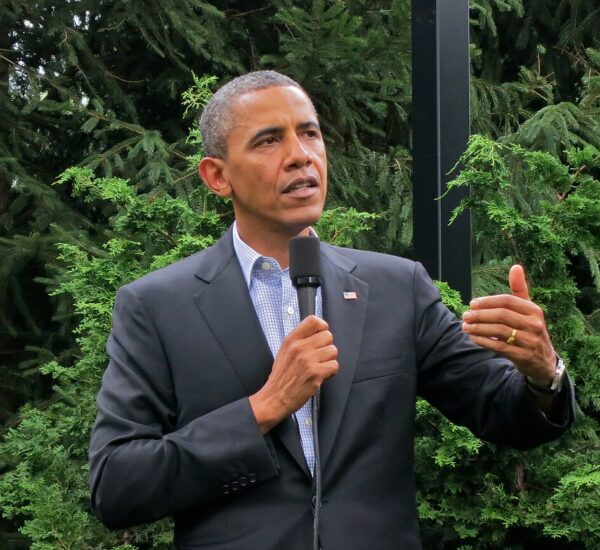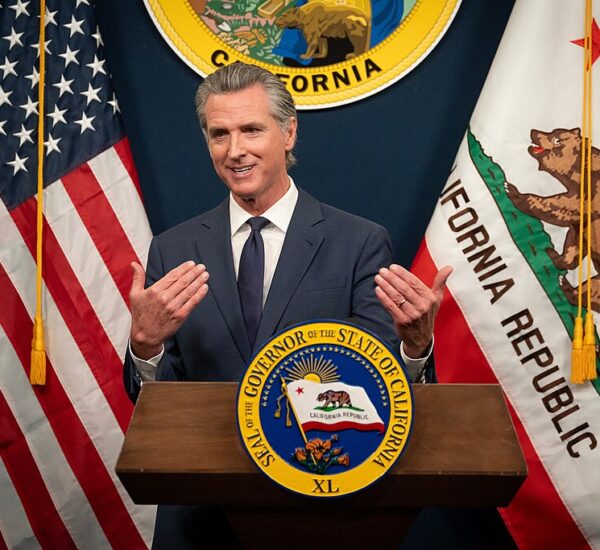Democrats are losing their minds.
In a move raising eyebrows among many Americans, twelve Democrat-led states have filed a lawsuit to block former President Donald Trump’s tariffs—trade measures designed to protect U.S. manufacturing, reduce America’s reliance on China, and combat national security threats like illegal immigration and fentanyl trafficking.
The lawsuit, led by Arizona Attorney General Kris Mayes and Oregon Attorney General Dan Rayfield, argues that Trump’s tariffs—implemented under the International Emergency Economic Powers Act (IEEPA)—exceed presidential authority. But many constitutional experts and voters see it differently, noting the law was created precisely to give presidents the power to act swiftly during national emergencies.
The legal action takes aim at four executive orders signed by President Trump, which used emergency powers to impose global tariffs on countries accused of manipulating trade, dumping cheap goods, and enabling drug trafficking across America’s southern border.
Mayes, echoing the rhetoric of far-left progressives, claimed Trump’s “tariff scheme” is both “illegal” and “economically reckless.” Critics say these comments ignore the economic devastation caused by decades of bad trade deals, supply chain dependency, and unchecked border activity.
New York Attorney General Letitia James—who has long waged a personal crusade against Trump—claimed the tariffs will worsen inflation and lead to job losses. But Trump’s supporters argue that these protective tariffs are vital to safeguarding American workers, small businesses, and national sovereignty.
In response, Trump administration spokesman Kush Desai fired back:
“Once again, Democrats like Letitia James are focused on partisan witch hunts instead of protecting American families. President Trump’s trade policies are designed to confront the real emergencies—rampant illegal immigration, the fentanyl crisis, and our growing trade imbalance with China and other adversarial nations.”
Desai reaffirmed the administration’s commitment to using legal executive authority to defend U.S. jobs, restore economic independence, and secure the border—issues that polls show rank among the top concerns for voters aged 50 and up.
The legal challenge, filed in the U.S. Court of International Trade, claims that Trump’s national emergency declarations under IEEPA are not “unusual” or “extraordinary” enough to justify bypassing Congress. However, legal scholars note that IEEPA has been used by multiple administrations, both Republican and Democrat, to address economic and national threats without congressional approval.
Meanwhile, in Congress, a bipartisan proposal is gaining traction. Senators Maria Cantwell (D-WA) and Chuck Grassley (R-IA) introduced legislation requiring the president to notify lawmakers before enacting future tariffs. Supporters say it adds transparency; critics warn it could slow down necessary action during urgent crises.
As global instability rises and foreign threats intensify, many Americans view Trump’s use of tariffs not as a power grab, but as a long-overdue correction to failed globalist trade policies that benefited foreign nations while gutting American jobs.







It’s about revenge. See what’s happening to Tesla.